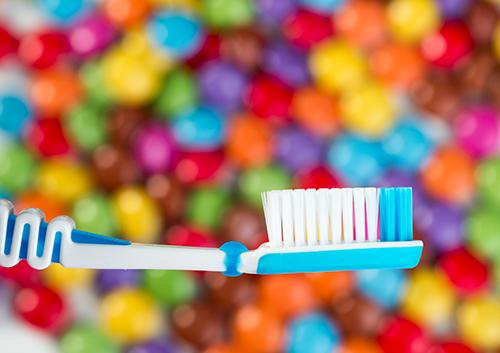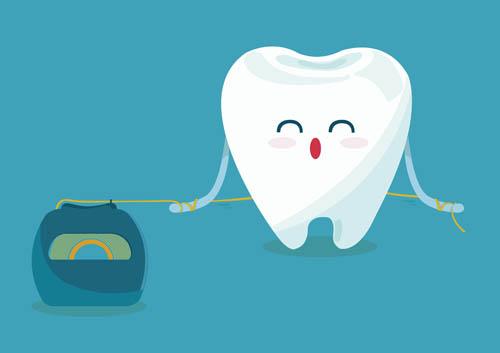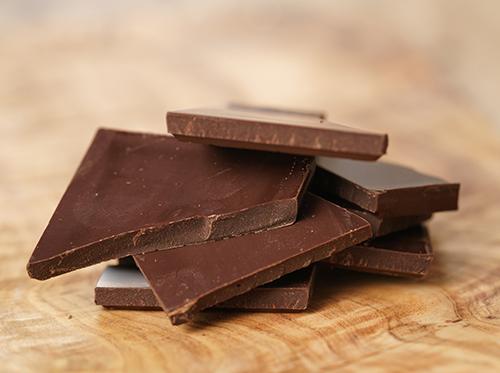
What should I do if my child has a toothache?
- posted: Apr. 24, 2024
Toothaches in children can be tricky ordeals that cause distress for both the child and the parent. You may feel helpless and frustrated because you cannot pinpoint the location of Read More
Every Day is Earth Day
- posted: Apr. 17, 2024
During the early days of the environmental awareness movement, those who demonstrated against pollution, toxic chemicals, and the general public health were known as hippies. The early 1970s were a Read More
Five Reasons for Your Bad Breath
- posted: Apr. 10, 2024
Bad breath, or halitosis, is probably not a matter of life or death. But it can make you feel self-conscious and have a negative impact on your life. The majority Read More
April is National Facial Protection Month
- posted: Apr. 03, 2024
The Importance of Facial Protection Americans from all walks of life should mark April as National Facial Protection Month on their calendars. The American Association of Pediatric Dentistry, Academy for Sports Read More
Oral Health Concerns Specific to Pregnant Women
- posted: Mar. 27, 2024
A lot of changes occur in a woman's body during pregnancy. Hormone fluctuations are responsible for many of those changes, including the need for additional attention to the teeth and Read More
Fewer Adults are Visiting the Dentist
- posted: Mar. 20, 2024
Our team at Gustafson Dental recently learned that in the decade between 2000 and 2010, the amount of adults who regularly visited their dentist declined, according to research released by Read More
St. Patrick's Day
- posted: Mar. 13, 2024
On March 17, everyone has a little Irish in them. St. Patrick’s Day is a joyous celebration of Irish heritage. The holiday originated as a commemoration of Saint Patrick, who Read More
March is National Nutrition Month!
- posted: Mar. 06, 2024
While you don’t have to wait to start eating right, March is the month the Academy of Nutrition and Dietetics asks everyone to pay special attention to what goes into Read More
The Evolution of the Toothbrush
- posted: Feb. 28, 2024
Oral hygiene has always been an important part of maintaining overall health. For thousands of years, humans have found ways to keep their teeth and mouths clean. According to the Read More
Proper Flossing Techniques
- posted: Feb. 21, 2024
Of all the dental hygiene techniques you can use at home to promote clean teeth and good oral health, flossing is likely to be the one that troubles most people. Read More
Team Dark Chocolate
- posted: Feb. 14, 2024
Valentine’s Day is the holiday to celebrate all the treasured relationships in your life. It’s a time to honor love in all shapes and forms with cards, social gatherings, and Read More
Aging and Oral Health
- posted: Feb. 07, 2024
As you age, it becomes even more important to take good care of your teeth and dental health. According to the Centers for Disease Control and Prevention, approximately one-fourth of Read More
Healthy Diet, Healthier Gums?
- posted: Jan. 31, 2024
Since gum disease is one of the most common adult diseases, it’s no wonder the doctor and our team stress the importance of prevention. Effective brushing and flossing, regular dental Read More
Three Must-Have Dental Treatments
- posted: Jan. 24, 2024
In dentistry, there are a wide variety of treatments, everything from elective procedures to those that are necessary and potentially lifesaving. So given the slew of treatment options, how do Read More
Water: It’s Not Just for Brushing!
- posted: Jan. 17, 2024
We turn on the tap and it comes rushing out. We walk down the hall at work or school and stop at the fountain without even thinking about it. It’s Read More
Anatomy of a Smile Makeover
- posted: Jan. 10, 2024
A smile makeover is usually a combination of one or more cosmetic dental procedures. To achieve your desired result, the doctor may perform or suggest a variety of options. The Read More

Dr. Erin Boston was born and raised in northeast Texas, relocating to Lubbock to complete her undergraduate degree in Zoology at Texas Tech University.
Read more about Dr. Erin Boston
Dentist - Humble
9630 North Sam Houston Pkwy E. Bldg B
Humble, TX 77396
Find us



















